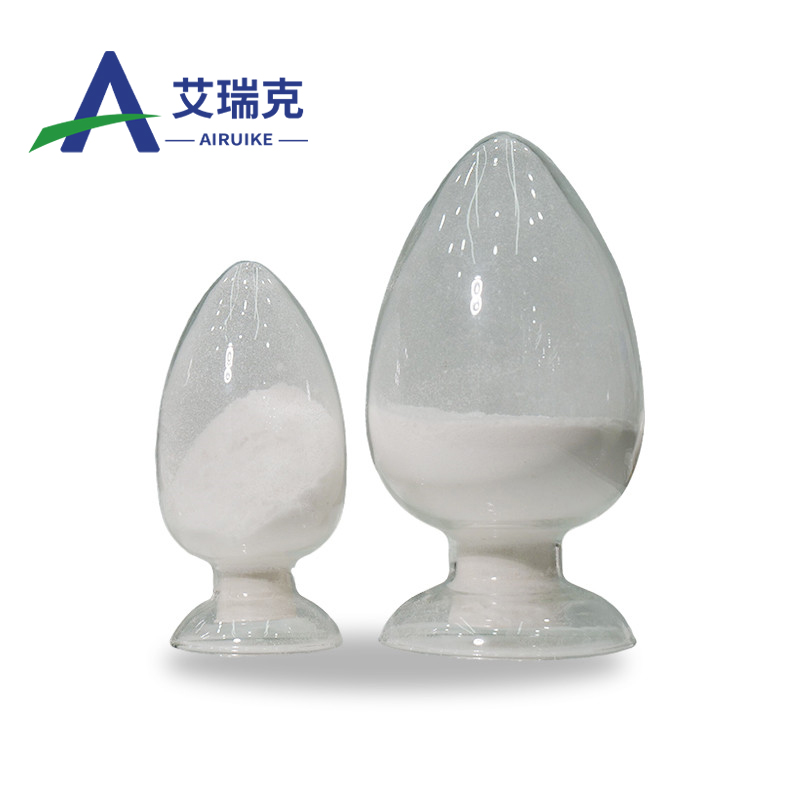-
Categories
-
Pharmaceutical Intermediates
-
Active Pharmaceutical Ingredients
-
Food Additives
- Industrial Coatings
- Agrochemicals
- Dyes and Pigments
- Surfactant
- Flavors and Fragrances
- Chemical Reagents
- Catalyst and Auxiliary
- Natural Products
- Inorganic Chemistry
-
Organic Chemistry
-
Biochemical Engineering
- Analytical Chemistry
-
Cosmetic Ingredient
- Water Treatment Chemical
-
Pharmaceutical Intermediates
Promotion
ECHEMI Mall
Wholesale
Weekly Price
Exhibition
News
-
Trade Service
If there is a magic medicine in the world, it must be aspirin
If there is a magic medicine in the world, it must be aspirin
Aspirin was first discovered and marketed by the German company Bayer in 1898
It is sometimes used as a preventive medicine to prevent strokes and heart attacks , or to try to prevent specific types of cancer .
clevelandclinic
clevelandclinicIn recent years, scientists have discovered that aspirin may have another purpose: to stop cancer cells from spreading in the body in the early stages of tumor formation
In recent years, scientists have discovered that aspirin may have another purpose: to stop cancer cells from spreading in the body in the early stages of tumor formation
So, for biliary tract cancer (BTC), which has an extremely poor treatment effect, can the magic drug show its power again?
Biliary tract cancer (BTC), including cholangiocarcinoma and gallbladder cancer, is the second most common hepatobiliary cancer in the world
Biliary tract cancer (BTC), including cholangiocarcinoma and gallbladder cancer, is the second most common hepatobiliary cancer in the world
About 70% of BTC patients are diagnosed at an advanced stage
To this end, a related study from the Institute of Clinical Medicine, National Yang Ming University, Taiwan, China, aimed to investigate the effect of aspirin use on cancer-specific survival of various BTC subtypes, including gallbladder cancer, ampullary carcinoma of Vater, and bile duct.
To this end, a related study from the Institute of Clinical Medicine, National Yang Ming University, Taiwan, China, aimed to investigate the effect of aspirin use on cancer-specific survival of various BTC subtypes, including gallbladder cancer, ampullary carcinoma of Vater, and bile duct.
We conducted a Taiwan-wide prospective cohort of newly diagnosed BTC between 2007-2015 and followed up until December 31, 2017
The maximum defined daily dose (DDD) of aspirin use was used to assess the dose-response relationship, and the competing risk of cardiovascular death was considered in the analysis
The maximum defined daily dose (DDD) of aspirin use was used to assess the dose-response relationship, and the competing risk of cardiovascular death was considered in the analysis
Post-diagnosis use of aspirin was associated with a 45% lower risk of BTC-specific death compared with non-use of aspirin (HR=0.
For maximum DDD ≤1 and >1, the BTC-specific risk of death was reduced by 47% and 58%, respectively (HR 0.
Further analysis found that among patients with all major BTC subtypes, post-diagnosis use of aspirin was associated with lower cancer-specific mortality
.
Taken together, this study shows that aspirin use after a diagnosis of BTC is associated with improved BTC-specific mortality across subtypes
.
Additional randomized trials are needed in the future to investigate the efficacy of aspirin on BTC
.
.
Additional randomized trials are needed in the future to investigate the efficacy of aspirin on BTC
.
references:
references:Postdiagnosis aspirin use associated with decreased biliary tract cancer–specific mortality in a large nationwide cohort.
Leave a
comment here







